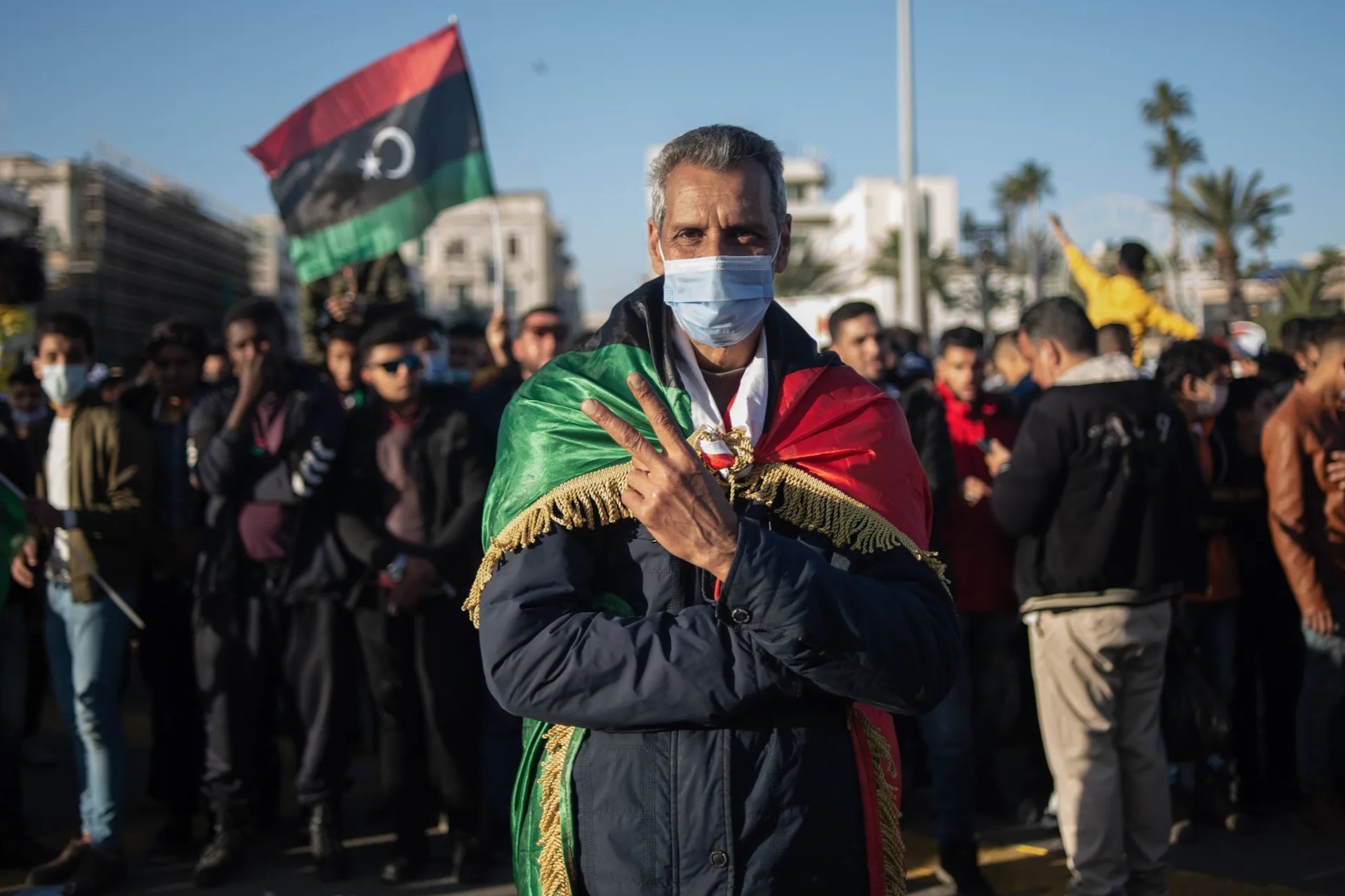
Middle East politics can be a complex and often misunderstood topic. This region, rich in history and culture, has been a focal point for global affairs for centuries. But what makes it so intricate? Why is Middle East politics so significant? The answer lies in its strategic location, vast natural resources, and diverse population. From ancient empires to modern-day conflicts, the Middle East has always been a hotbed of political activity. Understanding the key players, historical events, and current issues is crucial for anyone interested in global politics. Let's dive into 25 fascinating facts that will help you grasp the essence of Middle East politics.
Key Takeaways:
- The history of the Middle East, including the Ottoman Empire and the Arab-Israeli conflict, has a big impact on its politics today. Oil discovery also changed the region's economy and politics.
- Major conflicts like the Arab-Israeli War and the Syrian Civil War, as well as political movements like Pan-Arabism and Zionism, have shaped Middle East politics. Economic factors, especially oil, also play a big role.
Historical Roots
Middle East politics is deeply influenced by its rich history. Understanding these roots helps explain current dynamics.
- The Ottoman Empire ruled much of the Middle East for over 600 years until its collapse after World War I.
- The Sykes-Picot Agreement of 1916 secretly divided Ottoman lands between Britain and France, shaping modern borders.
- The Balfour Declaration of 1917 expressed British support for a "national home for the Jewish people" in Palestine.
- The discovery of oil in the early 20th century transformed the region's economic and political landscape.
- The Arab-Israeli conflict began in the mid-20th century, significantly impacting regional politics.
Key Conflicts
Several major conflicts have shaped Middle East politics, often involving both regional and global powers.
- The 1948 Arab-Israeli War led to the creation of Israel and the displacement of hundreds of thousands of Palestinians.
- The Six-Day War in 1967 resulted in Israel capturing the West Bank, Gaza Strip, Sinai Peninsula, and Golan Heights.
- The Iran-Iraq War from 1980 to 1988 caused massive casualties and economic damage to both nations.
- The Gulf War in 1990-1991 saw a U.S.-led coalition expel Iraqi forces from Kuwait.
- The Syrian Civil War, starting in 2011, has led to a humanitarian crisis and drawn in multiple foreign powers.
Political Movements
Various political movements have emerged, each with its own ideology and goals.
- Pan-Arabism, championed by leaders like Egypt's Gamal Abdel Nasser, sought to unify Arab countries.
- Political Islam, represented by groups like the Muslim Brotherhood, advocates for governance based on Islamic principles.
- Zionism is a nationalist movement supporting the re-establishment of a Jewish homeland in Israel.
- The Kurdish independence movement seeks to create a Kurdish state, spanning parts of Turkey, Iraq, Syria, and Iran.
- The Arab Spring uprisings in 2010-2011 led to significant political changes in countries like Tunisia, Egypt, and Libya.
Major Players
Several countries and organizations play pivotal roles in Middle East politics.
- Saudi Arabia, a leading oil producer, wields significant economic and religious influence.
- Iran, a Shia-majority country, often opposes Saudi Arabia's Sunni leadership in regional conflicts.
- Israel, a key U.S. ally, has a powerful military and advanced technology sector.
- Turkey, straddling Europe and Asia, plays a strategic role in regional geopolitics.
- The United States has been deeply involved in Middle East politics, often supporting Israel and Saudi Arabia.
Economic Factors
Economic interests, particularly related to oil, heavily influence Middle East politics.
- The Middle East holds about 48% of the world's proven oil reserves.
- The Organization of the Petroleum Exporting Countries (OPEC) was founded in 1960 to coordinate oil policies.
- The Gulf Cooperation Council (GCC) includes six oil-rich countries: Saudi Arabia, Kuwait, Bahrain, Qatar, UAE, and Oman.
- Economic sanctions, like those imposed on Iran, are used as tools to influence political behavior.
- The region's wealth disparity, with some countries extremely rich and others very poor, contributes to political instability.
Final Thoughts on Middle East Politics
Middle East politics is a complex web of history, culture, and power struggles. Understanding this region requires looking at its diverse nations, each with unique political landscapes. From the influence of oil to the impact of colonial history, many factors shape the current political climate. Key players like Saudi Arabia, Iran, and Israel often dominate headlines, but smaller nations also play crucial roles. Conflicts, alliances, and shifting power dynamics keep the region in constant flux. Awareness of these elements helps in grasping the broader picture. While challenges persist, efforts toward peace and stability continue. Staying informed about Middle East politics is essential for anyone interested in global affairs. This knowledge not only enriches our understanding but also fosters a more nuanced perspective on international relations.
Frequently Asked Questions
Was this page helpful?
Our commitment to delivering trustworthy and engaging content is at the heart of what we do. Each fact on our site is contributed by real users like you, bringing a wealth of diverse insights and information. To ensure the highest standards of accuracy and reliability, our dedicated editors meticulously review each submission. This process guarantees that the facts we share are not only fascinating but also credible. Trust in our commitment to quality and authenticity as you explore and learn with us.
